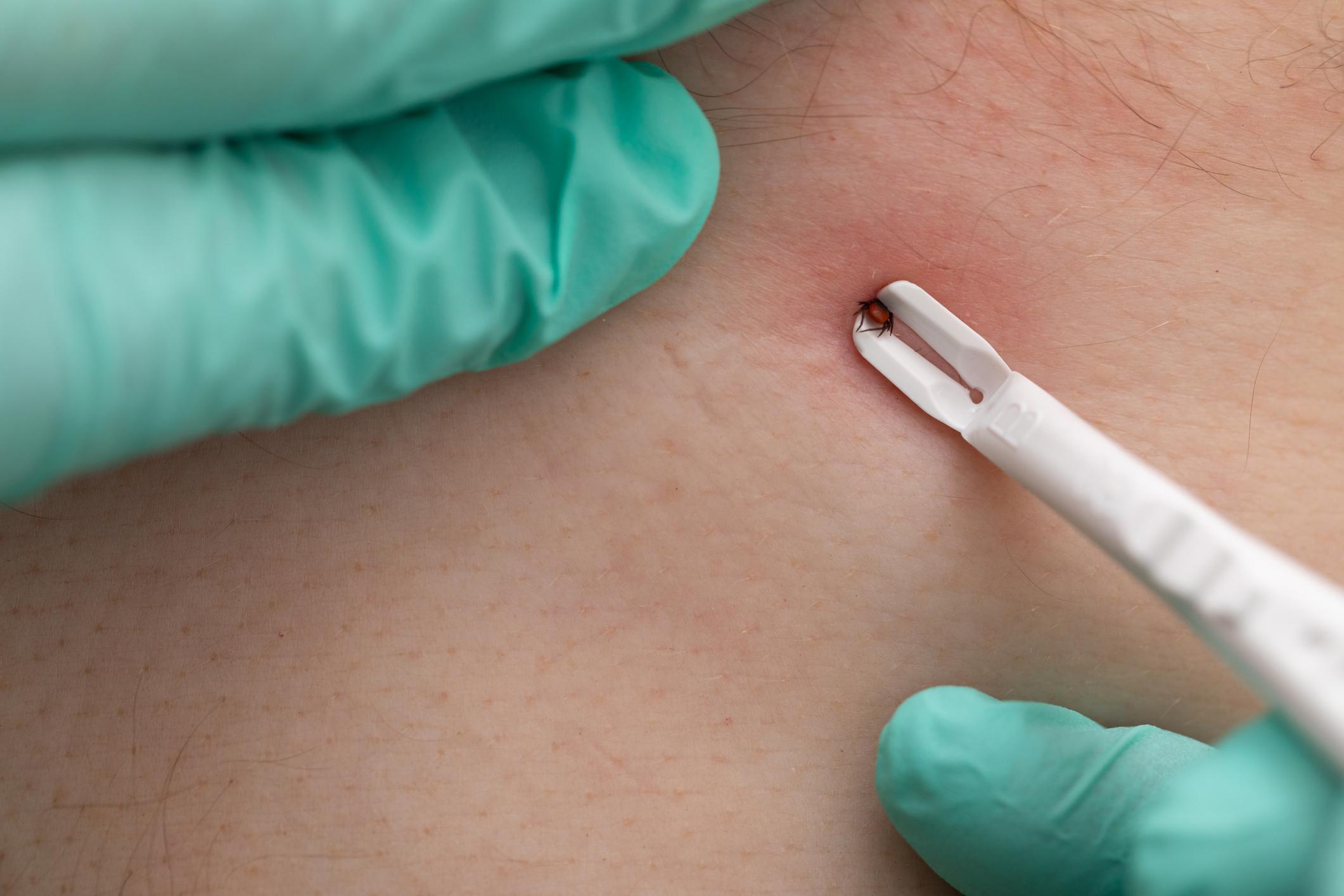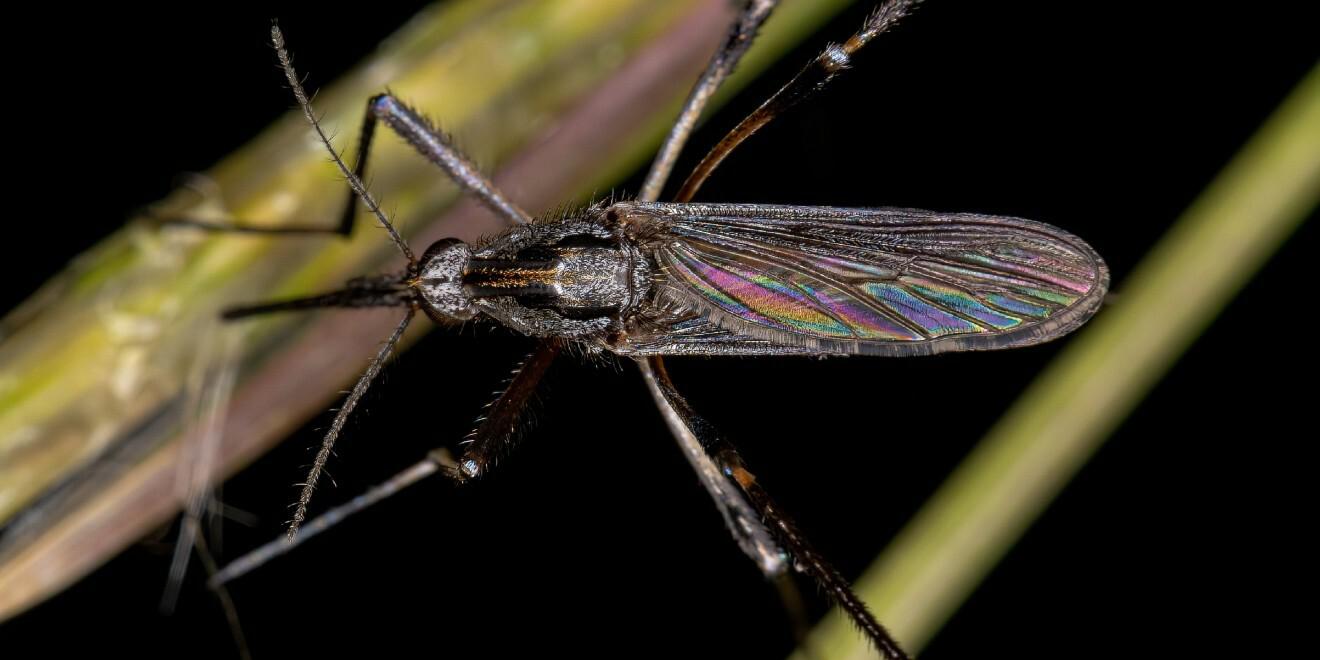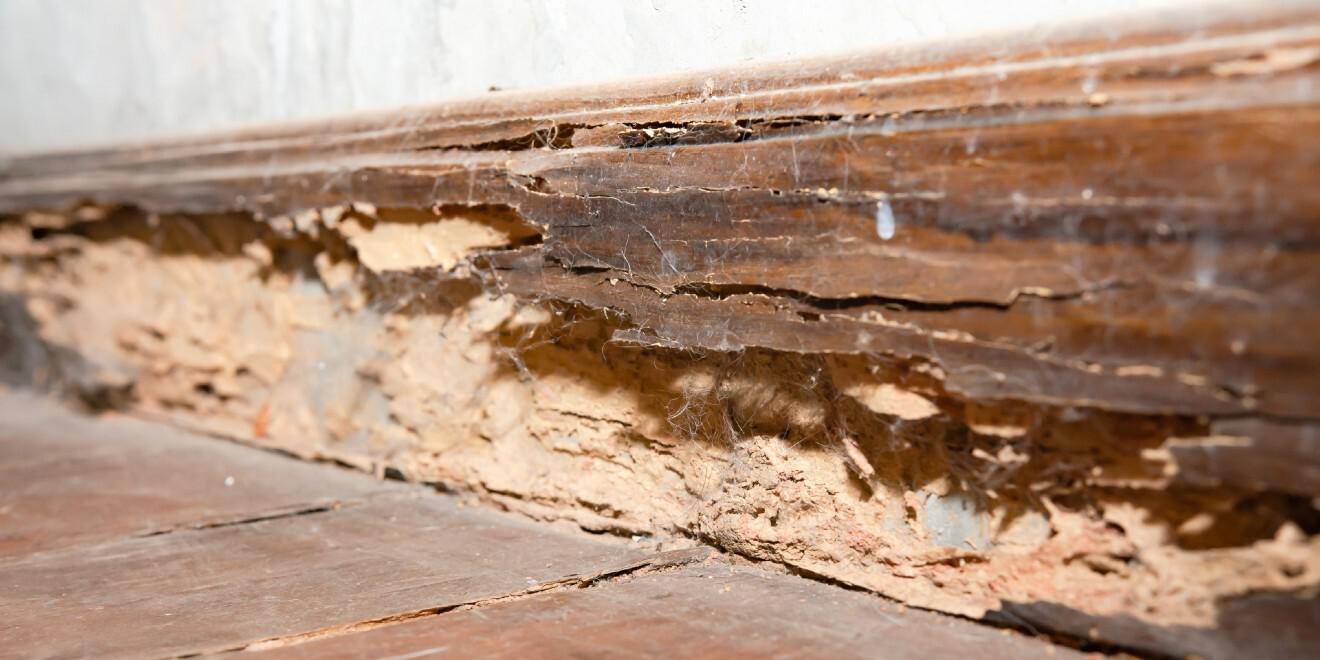Tick testing in Massachusetts
Posted by Mosquito Squad
May 14, 2015
If you’ve found a tick and safely removed it, you are probably at once relieved to have it out of your skin but also worried about whether it transmitted Lyme Disease. If you see that it’s engorged to some degree, what’s next? Should you watch the area on your skin for a bullseye rash? Should you be hyper vigilant watching for any symptoms of Lyme disease? We all know the frustration of watching for symptoms. We tend to find what we’re looking for. That’s why they say doctor’s make the worst patients.
There are other options available for your peace of mind. You can have your tick tested for disease causing pathogens. This will not tell you if you have Lyme Disease but it will tell you if the tick you submitted carried those pathogens.
What tick is it? Is it a deer tick?
If you are considering having your tick tested, it’s very important to know 2 things. First, you want to know what type of tick it is. Only certain types of ticks carry certain disease-causing pathogens. The tick that carries the Lyme Disease pathogens is the deer tick (Ixodes Scapularis) also known as the black-legged tick. The bacterium that causes Lyme Disease is Borrelia burgdorferi. There is also a new bacterium called Borrelia Miyamotoi that causes a sickness that is similar to Lyme Disease.
If you are looking at the tick and are not sure what type of tick it is, a great resource is this tick identification chart from the Tick Encounter Resource Center. The chart includes images of what the different ticks look like at various sizes and at various stages of engorgement.
Even if a tick carries Lyme Disease, this does not guarantee that you are infected. Ticks will need to feed (be attached) for 24-36 hours to transmit the pathogen to you. If the tick you removed is engorged, there is a higher likelihood that, if that tick was infected, that the pathogen was passed along to you.
You may have found a very young (nymph) tick. In this case, it may be difficult to assess how engorged the tick is. Unfortunately, nymph ticks can carry Lyme Disease just as much as adult ticks. So, a small tick doesn’t necessarily ensure that it is not engorged.
Here in Massachusetts, we have a great pest identification resource. IdentifyUS helps identify the species, stage of development and estimated feeding duration. Note: this testing is only done from a visual inspection. They can often work from sufficient quality digital images. Since they can help identify the species so quickly, this helps you move forward with whether or not to have your tick officially tested. The price of this service is $20/tick.
Is it infected?
If you have removed a deer tick, you have the option of having the tick tested. The testing centers use DNA detection looking for disease causing pathogens. This can be pricy. We have 2 locations here in MA that provide this testing. The fees range from $50/tick to $75/tick.
A positive test indicates that the tick was infected but not that the tick was successful in spreading the infection to you. The longer a tick is attached to you, the greater the chance that it will spread infection.
Here are the 2 locations in MA that provide DNA testing on ticks.
The Laboratory for Medical Zoology (LMZ) at UMass Amherst strives to process within five business days of when they receive your specimen. You will receive your results via email. The cost is $50/tick.
Another tick testing source here in Massachusetts is Imugen, Inc. in Norwood MA. The cost for tick testing at Imugen is $75/tick. Imugen focuses specifically on specialized testing for tick-borne diseases and they’ve been doing it for 20 years.
At Mosquito Squad of Southeastern Mass, we care about protecting our area residents from ticks and the diseases they may carry. The best protection is prevention – preventing the likelihood that you will be exposed to ticks. The best way to do this is a tick protection yard mist. We provide proactive protection throughout the season for our customers treating the yard every couple weeks throughout the season to eliminate ticks.















